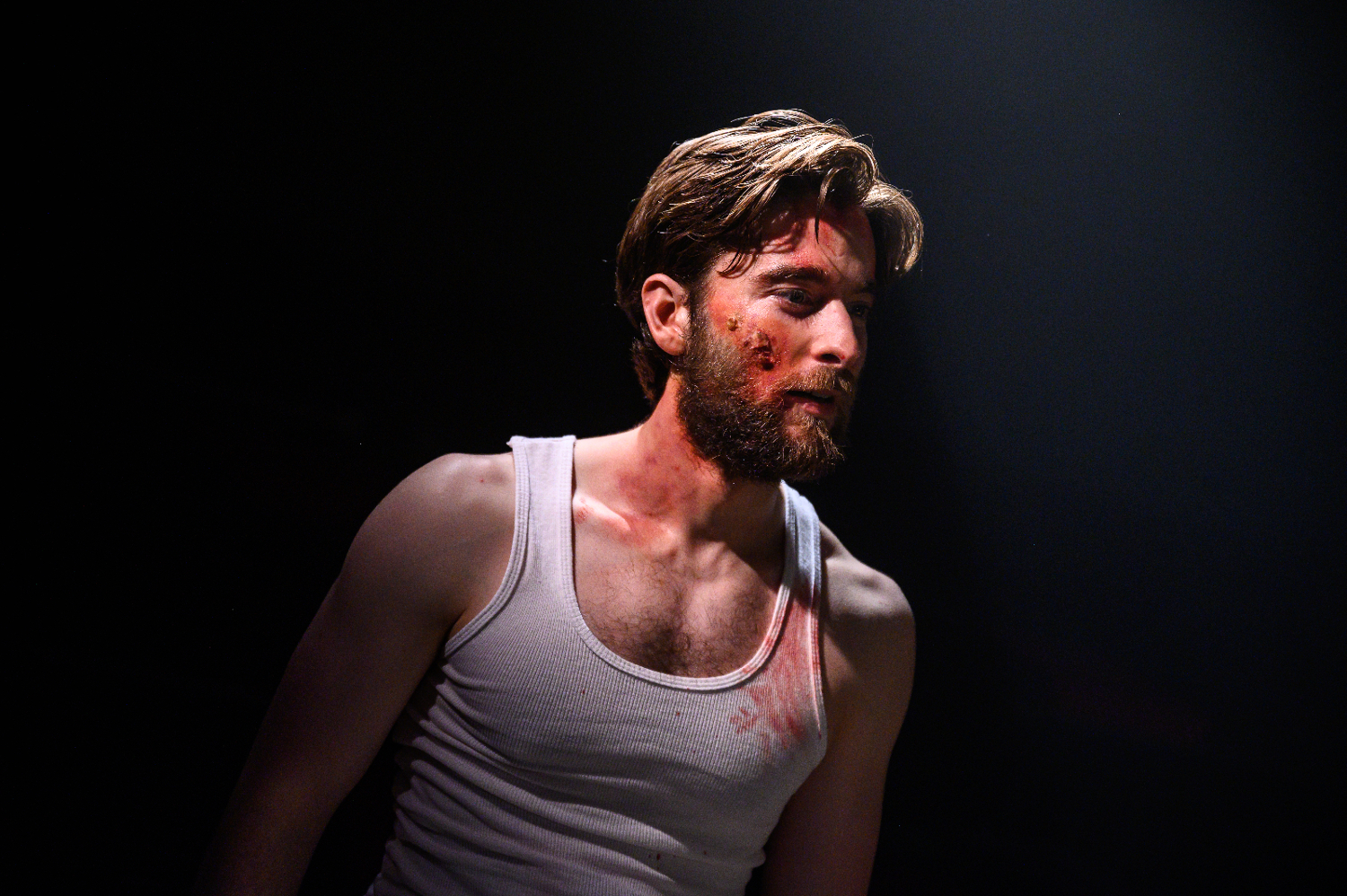Writing about the upcoming 60th anniversary of the founding of the National Theatre in The Guardian recently, the usually reliable Michael Billington made a rare misstep. He called for the successor to Rufus Norris, the departing artistic director, to stage neglected classics: “I would also argue that the National, given its resources, has a civic duty to revive the drama of the past that, Shakespeare aside, is in danger of being consigned to the dustbin.”
But does it need to? Whilst it is obvious that an NT production would be a very different beast to a fringe show, Lazarus Theatre Company is just one of many such entities dedicated, in their own words, to “reimagining and revitalising classic plays.” Perhaps the vast resources of the NT should be channeled towards supporting such ventures more directly, not least because low-cost, fleet-footed productions might allow the theatrical heritage of the nation to be seen right across the nation in small to mid-sized venues, which could no more mount an NT production than a full scale Aida.
 An example is currently playing a mere costermonger's cry away from the South Bank right now. Thomas Middleton and William Rowley’s The Changeling is receiving a crazy fever-dream of a production that Lazarus have dropped into Southwark Playhouse and invited an audience along for the ride.
An example is currently playing a mere costermonger's cry away from the South Bank right now. Thomas Middleton and William Rowley’s The Changeling is receiving a crazy fever-dream of a production that Lazarus have dropped into Southwark Playhouse and invited an audience along for the ride.
Not that it starts like that. We’re in what looks like a 1970s boardroom, the polished wooden table complete with a couple of rotary phones, the first of many design decisions by Sorcha Corcoran that never lack conviction but miss as often as they hit. The old school leatherette swivel chairs (provoking a Proustian rush for anyone over the age of 50) are soon occupied by actors and singers who talk to each other and to us. As the trigger warnings foretell, sex 'n' drugs 'n' rock’n’roll ensue.
Ricky Dukes’ adaptation dispenses with the lunatic asylum subplot of the original text (there are many good reasons for that) and replaces it with a band, The Patients, who croon a commentary on events with a real Singing Detective vibe. As was the case in Dennis Potter’s revered television series, the effect of this is to jolt us into accepting the surreal foundations barely concealed beneath the surface of any authoritarian institution: a hospital on telly and a castle here.
The dangers of obsessive love lie at the heart of the story, though the narrative thread and character profiles prove slippery and the Jacobean language (supplemented by a non-gratuitous swear word or two) hinders more than helps, with its flowery circumlocutions and tortuous grammar. Eventually, with the help of all those asides, somewhat irritatingly delivered over-the-shoulder and therefore almost inaudible to a third of the house looking on to the thrust stage, the narrative is established.
The determined Beatrice Joanna and the dashing but fickle Alsemero fall madly in love, but her mother has promised her to the wealthy, if dull, Alonzo. Beatrice Joanna is continually repelling the advances of her servant, Deflores, until she sees that he can bump off Alonzo and clear her path to Alsemero - for a price. She thinks that scenario comes measured in gold; he thinks it’s measured in sex and so, things, as they do in tragedies, take a turn for the worse.
The performances are uneven. Colette O’Rourke catches the hauteur and amorality of the young woman who ruthlessly manipulates her infatuated servant (Jamie O’Neill pictured above, very good but too handsome for a credible Deflores, a modicum of acne insufficient to render him repulsive), and her line readings are too often hurried, the words hurtling past us with no chance for a bit of decoding. The propensity of love (or, perhaps more accurately, the prospect of sex) to rob men and women of their senses runs like a thread through the play, but the crucial femme fatale in Beatrice is never front and centre.
Amongst the support cast, Mylo McDonald brings plenty of inchoate resentment and impatience to Alsemero, Olsen Elezi simmers with mafioso threat as Alonzo’s avenging brother, Tomazo, and Henrietta Rhodes has a lot of fun as Diaphanta, reminding us that sex isn't just transactional, even if she does pay the ultimate price.
After a welcome interval, useful for disentangling the interlocking love triangles and shifting alliances, the men return in vests, which may signify the fact that it’s nighttime in the castle but I couldn't shake their resemblance to the chorus of South Pacific, which rather killed the mood. A few large balloons tossed about by The Patients work well for their musical interlude but become distracting once the action starts up again in an already restricted playing space.
Lazarus aim to create visual, visceral and vibrant productions and they achieve that goal, especially in the fiery, gory climax, but the coherence that should underpin the madness is lacking, the staging’s intimacy neutralised by the opacity of the language and the shifting rhythms and pacing of the speeches.
We know that we don’t want to be in this hellish maze of chambers and corridors where murder lurks round every corner, but the terror is diluted because we never feel like we’re really there at all.















Add comment